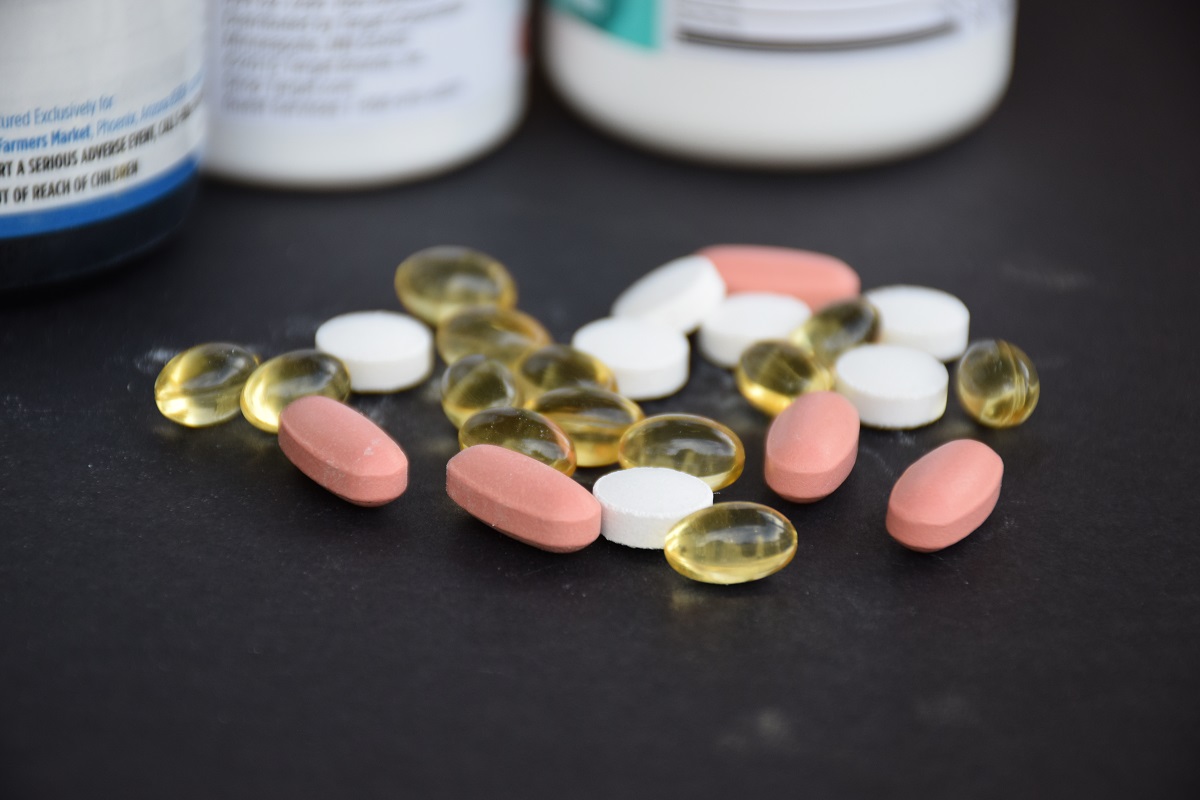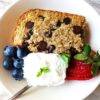A Magic Pill
Many of us are always looking for something new that will “fix” all of our health issues. Whether it is an ache or pain or a chronic disease like heart disease or diabetes. Or maybe, you have tried every weight loss pill on the planet, and you hope the next one will be the one that actually works. The truth is that there really isn’t a magic pill. Being healthy takes some work and some discipline. However, we do have some nutrients that may be good “helpers” for us when it comes to weight loss and metabolism.
I have been on a quest over the last couple of months to really expand my knowledge of vitamins, minerals, and herbal supplements. There is so much information out there, how do you know what to trust? I have been looking at published research articles to see if there is any science to support some of these claims. This is just the beginning. As I continue in this journey, I will share my findings. Today I will focus on metabolism and weight loss.
These May Help Metabolism
- Green Tea may actually be helpful. There is some research that Green Tea can actually help increase fat oxidation and metabolism, especially in the mid-section.1,2,3
- Alpha lipoic acid. This antioxidant helps our cells to repair themselves. It is also known to preserve levels of vitamin C and vitamin E, which are also antioxidants. There is some evidence that this nutrient helps to control the levels of fats in your blood.4 There is also some evidence that it helps control blood sugar levels in people with diabetes.5 It does seem that there is a metabolic advantage to consuming this antioxidant.6 Doses of 300-1,800 mg per day have been effective for weight loss. You can get alpha lipoic acid from foods like spinach, broccoli, yams, potatoes, yeast, tomatoes, Brussels sprouts, carrots, beets, organ meats and rice bran.
- Cinnamon has been shown to decrease levels of CRP (C-Reactive Protein).7 This protein indicates levels of inflammation and high levels are associated with diabetes, heart disease, and obesity. Cinnamon has also been shown to reduce triglycerides and total cholesterol in the blood.8 Scientists think cinnamon may have potential to increase metabolism, but it hasn’t been well studied.9
- B-Vitamins. Did you know there are 8 types of B-vitamins? Thiamine, Riboflavin, Niacin, Vitamin B6, Folate, Vitamin B12, Pantothenic Acid, Biotin are all B-vitamins. Many of the B-vitamins are co-enzyme in our metabolic processes. Co-factor simply means helper. For example, Thiamine is a co-enzyme in branched chain amino acid (BCAA) metabolism. Riboflavin is a co-enzyme in fat and carbohydrate metabolism. If you come up short with any of these vitamins, your metabolism will suffer. They are all needed to help the body work as it should. How do you know if you are getting enough? Here is a brief table of RDA’s for each of these vitamins:
| Vitamin | RDA Men | RDA Women |
| Thiamine (B1) | 1.2 mg | 1.1 mg |
| Riboflavin (B2) | 1.3 mg | 1.1 mg |
| Niacin | 16 mg | 14 mg |
| B6 | 1.3 mg | 1.3 mg |
| B12 | 2.4 mcg | 2.4 mcg |
| Folate | 400 mcg | 400 mcg |
| Biotin | 30 mcg | 30 mcg |
| Pantothenic Acid | 5 mg | 5 mg |
Is the RDA (Recommended Dietary Allowance) enough for optimal health? The answer is complicated. The RDA’s were developed to help meet 97% of the population’s needs for the nutrient to prevent deficiency. It is likely that these numbers do not give us optimal levels. However, if you are eating a healthy diet with balance and variety, you are getting a good amount of these nutrients in your food. So, do you need a supplement? I typically recommend taking a multivitamin and mineral supplement at least a couple of times a week for a little extra insurance. It is pretty cheep insurance. Also, when you look for one, look for one that has 100-300% of the RDA for MOST nutrients. More than that is not necessarily a good thing.
These Probably won’t help Metabolism
- Taurine has been thought to improve insulin action, cause weight loss, and promote fat metabolism. There really isn’t too much research to back up this claim though. It looks like taurine supplementation may not be as helpful as some claim.10,11
- Raspberry Ketones were popular for a while. There are actually no human studies to back up the claim that they help you to lose weight. There is one study done with rodents.12 I wouldn’t recommend trying this one as there is really nothing to back it up.
Things to Consider
Be careful with supplements! Many of them are not actually as they claim. It is always better to get most of your nutrition from good, healthy food. If you decided you would like a “helper” in a supplement, make sure you purchase from a reputable company. It is so important to trust the ingredients you are ingesting! Lastly, please make sure that whatever supplement you start, you have seen some scientific evidence that it will actually help you. Don’t just take it because your friend thought it helped him.
Notes
As a Pure Encapsulations Provider, you can be assured you are purchasing the highest quality products. The products specifically recommended for weight loss are XanthiTrim or Pure Lean Nutrients.
https://www.purecapspro.com/nourishednutrition/pe/products/product_details.asp?ProductsID=1307
https://www.purecapspro.com/nourishednutrition/pe/products/product_details.asp?ProductsID=979
References:
2. https://www.ncbi.nlm.nih.gov/pubmed/19074207
4. https://www.ncbi.nlm.nih.gov/pubmed/30471524
5. https://www.ncbi.nlm.nih.gov/pubmed/30311825
6. https://www.ncbi.nlm.nih.gov/pubmed/29990473
7.https://www.ncbi.nlm.nih.gov/pubmed/30670254
8. https://www.ncbi.nlm.nih.gov/pubmed/28887086
9. https://www.ncbi.nlm.nih.gov/pubmed/30168574
10. https://www.ncbi.nlm.nih.gov/pubmed/27466884
11. https://www.ncbi.nlm.nih.gov/pubmed/30255260
12. https://www.ncbi.nlm.nih.gov/pubmed/15862604



